EP adopts Croatia resolution
The European Parliament (EP) has, with a large majority, adopted a resolution on Croatia’s progress in EU integration.
Thursday, 12.03.2009.
10:20

The European Parliament (EP) has, with a large majority, adopted a resolution on Croatia’s progress in EU integration. The resolution states that the mediation in the Croatia-Slovenian border dispute must be based on international law. EP adopts Croatia resolution The EP commended the readiness of Croatia and Slovenia to accept the mediation offered by the European Commission. One amendment to the resolution highlights the informal agreement reached on August 25 between the Croatian and Slovenian prime ministers for presenting the border dispute before international bodies. It is stated that the mediation must be based on international law, and that in this context, fast progress in Croatia’s accession negotiations with the EU is expected. Slovenia, Croatia support mediation "in principle" Slovenia and Croatia continue, in principle, to support the idea of mediation, but have not come any closer to agreeing on what form it should take. After a meeting of Slovenian and Croatian foreign ministers in Brussels with EU Enlargement Commissioner Olli Rehn, Croatian Minister Gordan Jandrokovic said that Slovenia did not want to accept Croatia’s proposal to resolve the border dispute before the International Court of Justice (ICJ). Nor, he said, did it want to lift its blockade of Croatian negotiations with the EU, say Slovenian media. The Croatian foreign minister added that there continued to be differences of opinion between Ljubljana and Zagreb, which was why the representatives would meet again next week in Brussels. Commenting on statements by Slovenian Foreign Minister Samuel Zbogar, who said that most EU member-states supported mediation and resolving the border dispute out of court, Jandrokovic said he had different information and knew “most member-states support Croatia’s stance to resolve the dispute before the Hague, on principles of international law.” He added that mediation to implement international law was not acceptable to Croatia as similar border disputes had been resolved before the ICJ, since “the said issue would be best politically and legally solved at the Hague.” Zbogar, however, said in Ljubljana that the European Commission saw mediation as the final path to both resolving the border dispute and lifting the Slovenian blockade of Croatian negotiations with the EU. He said that Slovenia and Croatia principally accepted Rehn’s proposal for mediation, but part ways on the basic question of what that mediation would bring. According to Zbogar, Rehn, sees mediation as a way to finally resolve the border dispute, while “now Croatia is the one who is further from Brussels’ opinions with its view that mediation is a path to the International Court at the Hague.” The Slovenian minister added that neither he nor his Croatian counterpart had been authorized to bring their respective stances any closer. Therefore, opinions will again be scrutinized and examined, and at one of the next meetings “some sort of step forward will be taken,” something that Rehn expects from both sides.
EP adopts Croatia resolution
The EP commended the readiness of Croatia and Slovenia to accept the mediation offered by the European Commission.One amendment to the resolution highlights the informal agreement reached on August 25 between the Croatian and Slovenian prime ministers for presenting the border dispute before international bodies.
It is stated that the mediation must be based on international law, and that in this context, fast progress in Croatia’s accession negotiations with the EU is expected.
Slovenia, Croatia support mediation "in principle"
Slovenia and Croatia continue, in principle, to support the idea of mediation, but have not come any closer to agreeing on what form it should take.After a meeting of Slovenian and Croatian foreign ministers in Brussels with EU Enlargement Commissioner Olli Rehn, Croatian Minister Gordan Jandroković said that Slovenia did not want to accept Croatia’s proposal to resolve the border dispute before the International Court of Justice (ICJ).
Nor, he said, did it want to lift its blockade of Croatian negotiations with the EU, say Slovenian media.
The Croatian foreign minister added that there continued to be differences of opinion between Ljubljana and Zagreb, which was why the representatives would meet again next week in Brussels.
Commenting on statements by Slovenian Foreign Minister Samuel Žbogar, who said that most EU member-states supported mediation and resolving the border dispute out of court, Jandroković said he had different information and knew “most member-states support Croatia’s stance to resolve the dispute before the Hague, on principles of international law.”
He added that mediation to implement international law was not acceptable to Croatia as similar border disputes had been resolved before the ICJ, since “the said issue would be best politically and legally solved at the Hague.”
Žbogar, however, said in Ljubljana that the European Commission saw mediation as the final path to both resolving the border dispute and lifting the Slovenian blockade of Croatian negotiations with the EU.
He said that Slovenia and Croatia principally accepted Rehn’s proposal for mediation, but part ways on the basic question of what that mediation would bring.
According to Žbogar, Rehn, sees mediation as a way to finally resolve the border dispute, while “now Croatia is the one who is further from Brussels’ opinions with its view that mediation is a path to the International Court at the Hague.”
The Slovenian minister added that neither he nor his Croatian counterpart had been authorized to bring their respective stances any closer.
Therefore, opinions will again be scrutinized and examined, and at one of the next meetings “some sort of step forward will be taken,” something that Rehn expects from both sides.











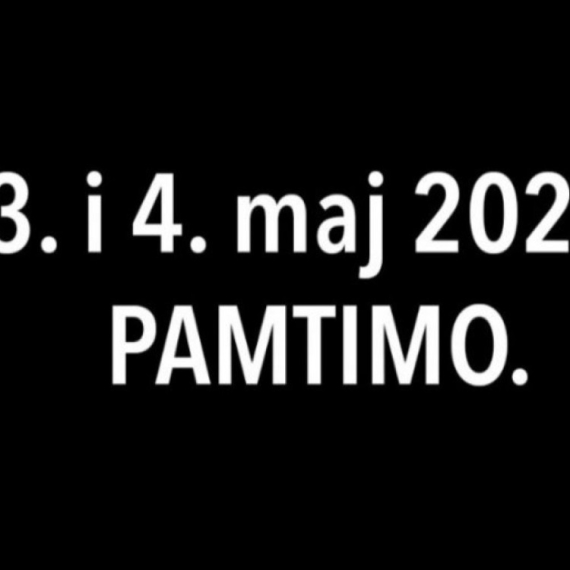


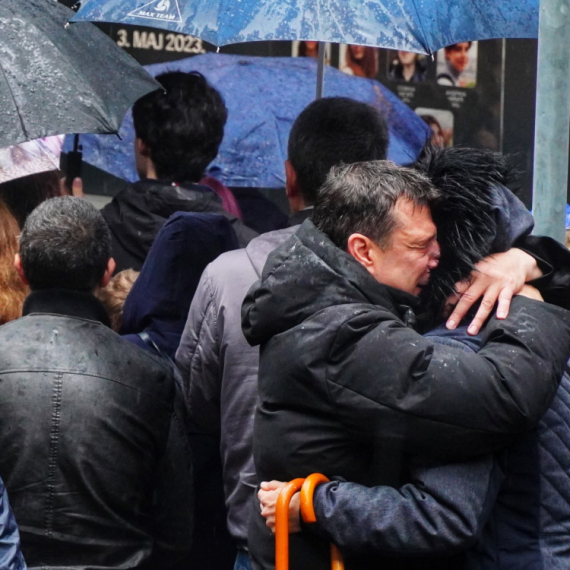

















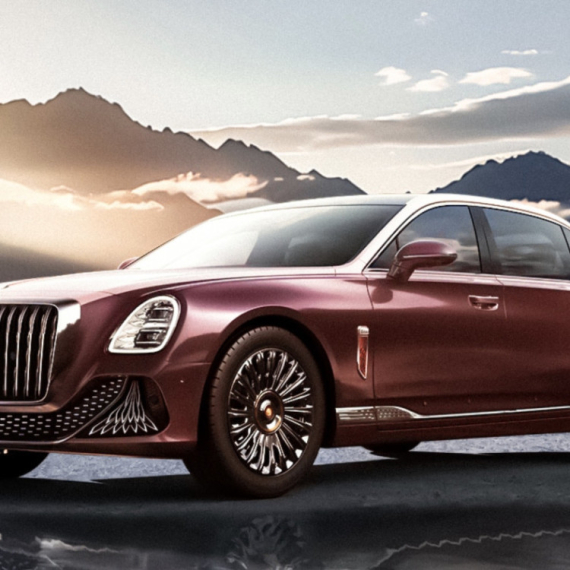
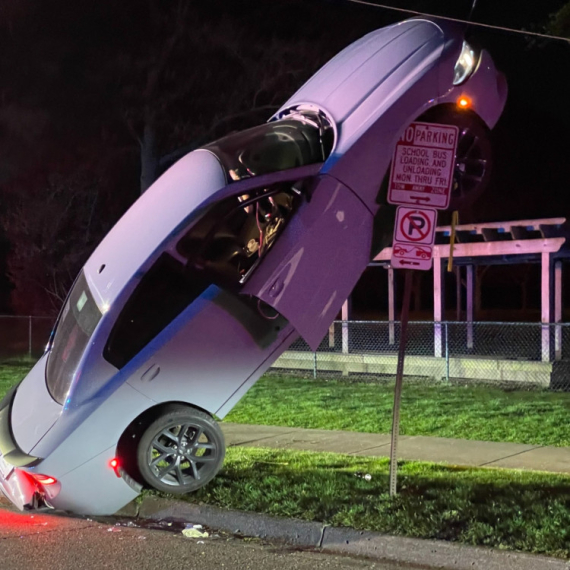

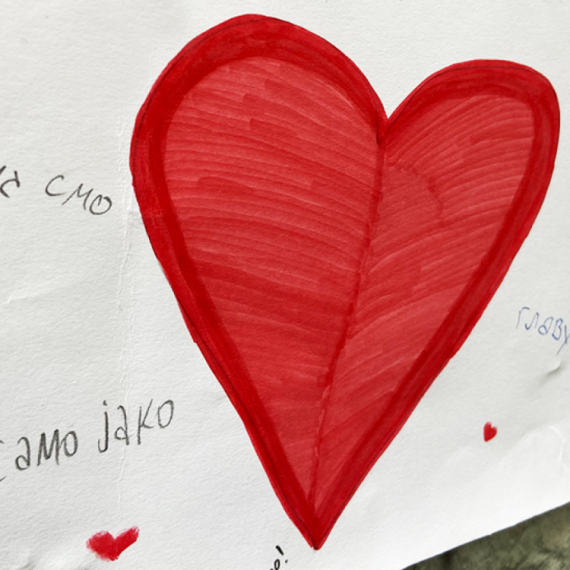



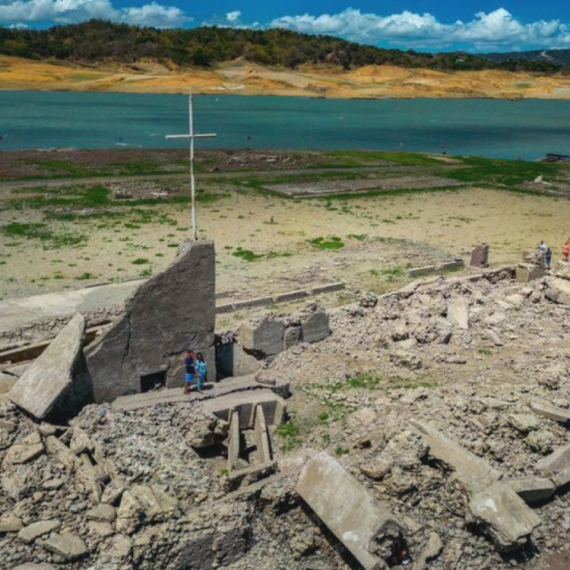

Komentari 2
Pogledaj komentare